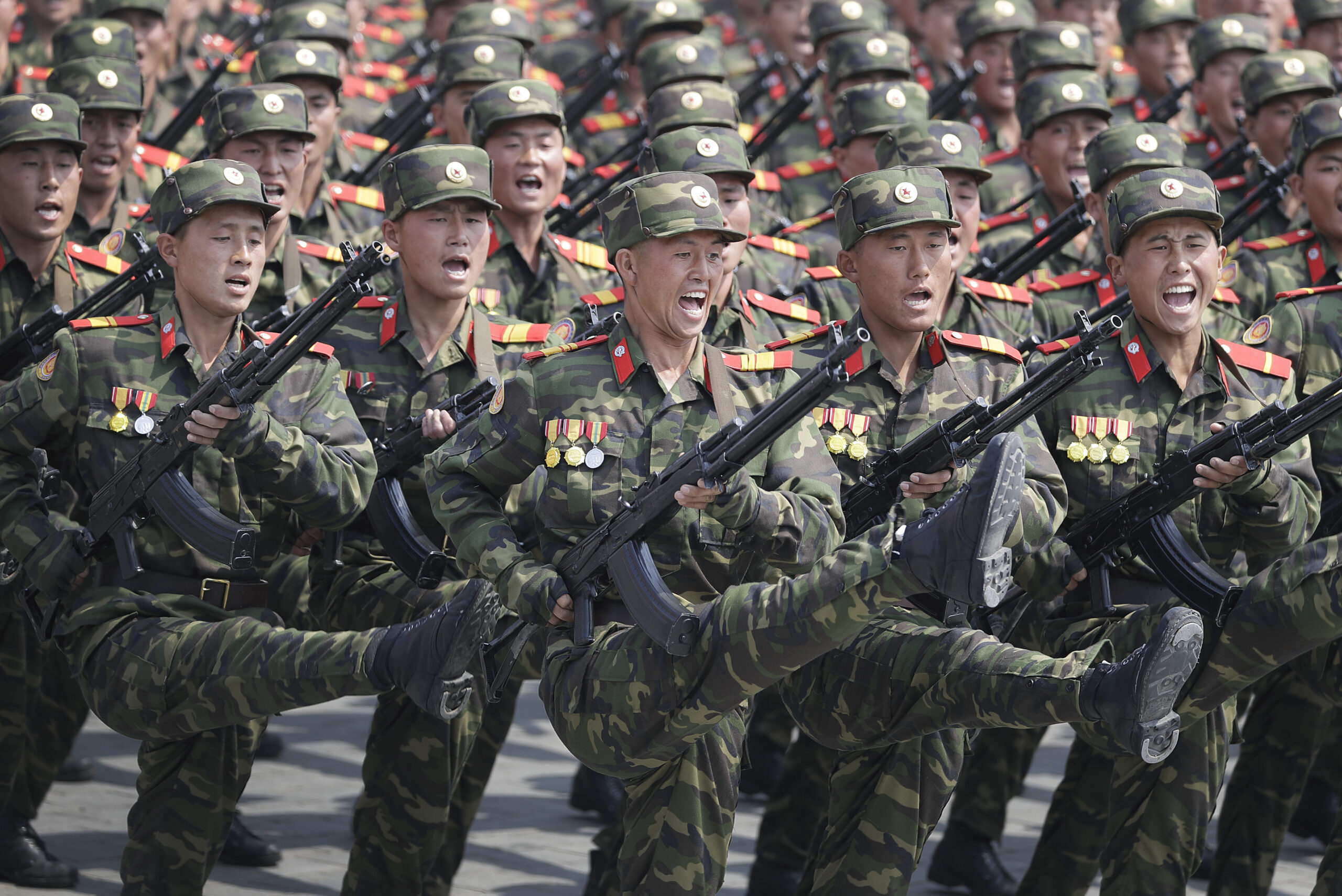 While President Donald Trump is currently planning to sit down with North Korean leader Kim Jong-un in the coming months in an attempt to negotiate on peaceful terms, a new report from the New Yorker reveals that the United States may have recently come closer to war with the rogue regime than most people realize.
While President Donald Trump is currently planning to sit down with North Korean leader Kim Jong-un in the coming months in an attempt to negotiate on peaceful terms, a new report from the New Yorker reveals that the United States may have recently come closer to war with the rogue regime than most people realize.
In a profile of former national security adviser H.R. McMaster, the magazine’s Patrick Radden Keefe reports that the general’s proclivity for favoring process over substance when managing the president risked sleepwalking the country into a potentially disastrous military conflict. He writes:
Any such plans — and perhaps even rumors that the president had requested them — would have undoubtedly spooked the nuclear-armed Kim and risked unleashing a devastating war.
In light of this story, it may be fortuitous that McMaster no longer works at the White House while Kelly and Mattis remain key figures in the administration. But it gives a chilling impression of how decisions are being made at the highest levels and how little power the institutions of the federal government have to constrain the president.


